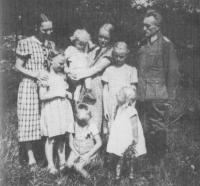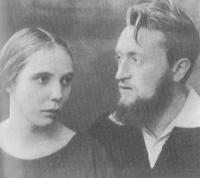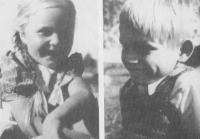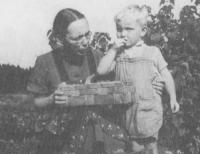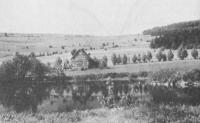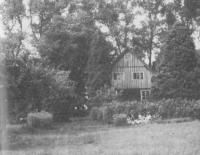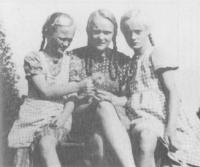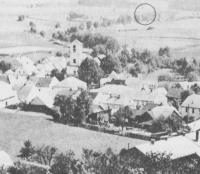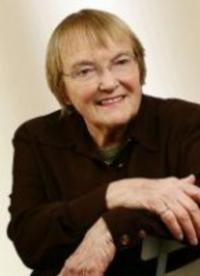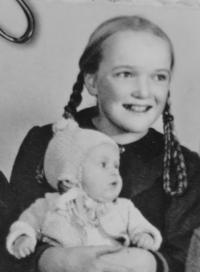Když vzpomínám na svého učitele ze základní školy, vždycky si vybavím, jak mu upálili knír

Download image
Gudrun Pausewang je jednou z nejznámějších německy mluvících autorek knih pro děti a mládež. Narodila se 3. května 1928 ve Mladkov (německy Wichstadtl) v Československu. Její otec Siegfried Pausewang byl nejmladším synem učitele tamní základní školy, matka pocházela z německého Saarbrückenu. Manželé si koupili nemovitost nedaleko Mladkova. Díky otcovým zemědělským znalostem a píli a úsilí celé rodiny se Pausewangovým podařilo z louky „Rosinkawiese“ vydobýt úrodnou půdu. Gudrun byla nejstarší ze šesti dětí. V roce 1943 její otec zemřel v Rusku. Gudrun v té době navštěvovala gymnázium v moravském Šumperku, kde také žila až do konce války. Dne 22. května 1945 bylo v Mladkově umučeno více než deset německých mužů. Bezprostředně poté se matka rozhodla s dětmi uprchnout. Jejich cesta směrem na západ trvala přes devět týdnů a rodina ji celou ušla pěšky. Pausewangovi našli svůj nový domov ve Wiesbadenu. Gudrun se stala učitelkou na základní a střední škole. Mnoho let působila na německých školách v Jižní Americe. Vzpomínky na své dětství sepsala v několika knihách. Za knihu s názvem Mrak získala v roce 1988 Německou literární cenu pro mládež. Žila v Baunachu (Oberfranken) a zemřela 23. 1. 2020.
